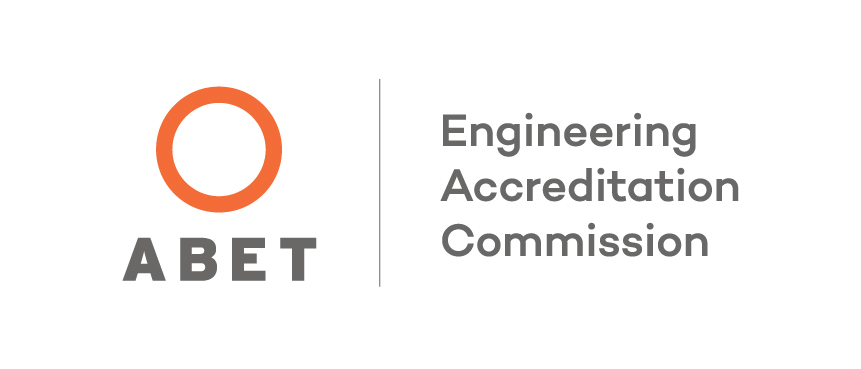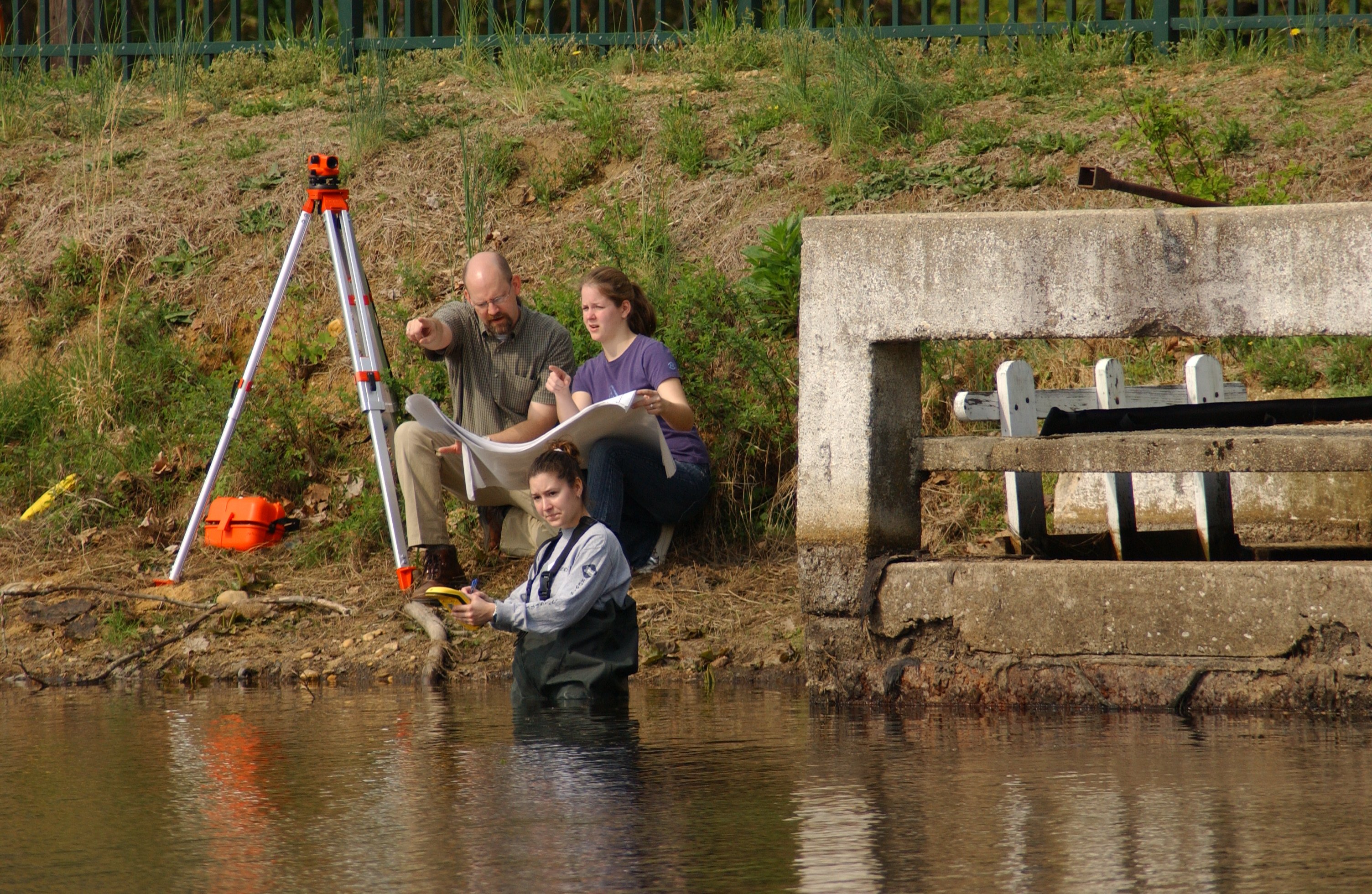Program Goals & Objectives
Program Goals & Objectives
Mission, Program Educational Objectives (PEO), and Student Outcomes
Rowan’s CEE Engineering program is designed to produce future leaders who demonstrate technical competence and are major contributors for the development of a sustainable world. We are all about TLC (Teamwork Leadership Community) at CEE. Our curriculum focuses on hands on multidisciplinary team experiences in various specialization areas of civil engineering to prepare students for the demands of the global job market.
University Mission Statement:
Rowan University will become a new model for higher education by being inclusive, agile, and responsive, offering
diverse scholarly and creative educational experiences, pathways, environments, and services to meet the needs of all students; maintaining agility by strategically delivering organizational capacity across the institution; and responding to emerging demands and opportunities regionally and nationally.
Click here for a printable pdf including the Strategic Pillars, Institutional Goals, Operational Values, and Strategic Domains.
This mission statement was approved on June 14, 2017 by the Rowan University Board of Trustees. For information on the development process, please visit the Mission Statement Development webpage.
College Mission Statement:
The Henry M. Rowan College of Engineering fosters an inclusive environment where impactful research and design are an integral part of educating critical thinkers, and adaptive, creative problem-solvers in a changing and challenged world.
This mission statement was approved on June 25, 2021.
College Goals (Common to all Programs):
The goals of the undergraduate engineering programs are to enable students to:
- Understand and apply the core science and mathematics principles that form the basis of engineering disciplines,
- Work individually and in teams to identify and solve complex engineering problems and develop an understanding of interdisciplinary problem solving and system design,
- Understand and apply advanced technology (computers and laboratory equipment) to solve complex engineering problems,
- Understand the importance of the humanities and social sciences as part of a well rounded education and the practice of engineering,
- Have a strong sense of the importance of ethics in an engineering setting as well as other aspects of their lives,
- Develop communication skills so that they can perform engineering functions effectively.
CEE Program Educational Objectives (PEO)
- Graduates possess a broad base of knowledge, are aware of state-of-the-art and emerging trends in civil engineering, and understand the interrelationships between sub-disciplines that influence engineering projects.
- Graduates are creative problem-solvers who develop realistic engineering solutions by integrating technical, social, political, environmental, and economic considerations, supported by effective data collection and analysis.
- Graduates exhibit professionalism, ethical integrity, and social responsibility, while demonstrating strong technical, communication, and interpersonal skills to assume leadership roles within diverse and multidisciplinary workplaces.
CEE Student Outcomes
- an ability to identify, formulate, and solve complex engineering problems by applying principles of engineering, science, and mathematics
- an ability to apply engineering design to produce solutions that meet specified needs with consideration of public health, safety, and welfare, as well as global, cultural, social, environmental, and economic factors
- an ability to communicate effectively with a range of audiences
- an ability to recognize ethical and professional responsibilities in engineering situations and make informed judgments, which must consider the impact of engineering solutions in global, economic, environmental, and societal contexts
- an ability to function effectively on a team whose members together provide leadership, create a collaborative and inclusive environment, establish goals, plan tasks, and meet objectives
- an ability to develop and conduct appropriate experimentation, analyze and interpret data, and use engineering judgment to draw conclusions
- an ability to acquire and apply new knowledge as needed, using appropriate learning strategies.

The Civil Engineering program is accredited by the Engineering Accreditation Commission of ABET, https://www.abet.org, under the commission’s General Criteria and Program Criteria for Civil and Similarly Named Engineering Programs.
More information about the ABET accreditation process can be found at ABET.org.
